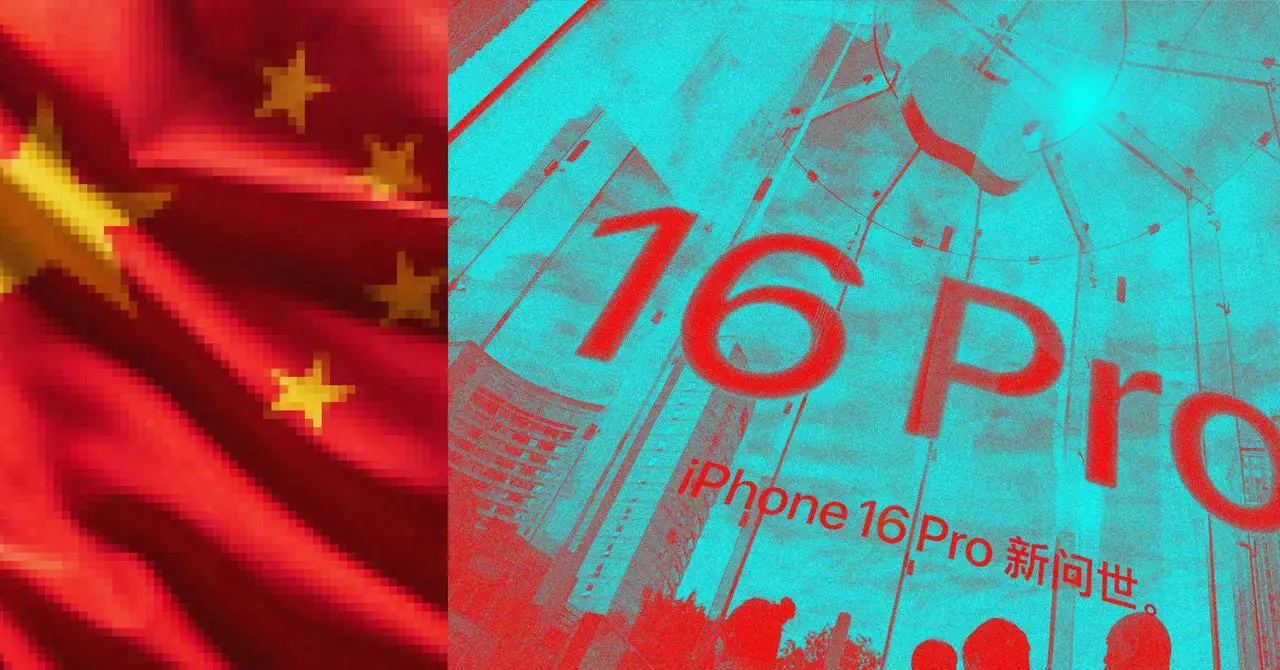In recent years, the stakes have risen significantly for technology firms, particularly those based in the West, as they seek to penetrate the lucrative Chinese market. As China has developed stringent measures regulating artificial intelligence (AI) technologies, expectations for compliance have grown increasingly daunting. This situation creates a challenging landscape for international companies, especially giants like Apple, which must now navigate a labyrinth of requirements. Regulators now demand that algorithms enhancing user experiences online and through artificial intelligence systems be registered with governmental authorities. Companies might find they have to disclose sensitive details pertaining to their coding practices, a move that many are understandably reluctant to embrace.
The urgency with which these regulations are enforced reflects a broader geopolitical reality: China’s position in the global tech landscape is rapidly shifting from a follower to a leader, a sentiment echoed by industry experts. Tech firms are faced with a choice: comply with the stringent norms set forth or risk exclusion from one of the world’s most significant technology markets. Consequently, foreign companies must grapple with the potential consequences of revealing proprietary information, possibly placing them at a competitive disadvantage.
China’s approach to regulating generative AI, often referred to in official parlance as “deep synthesis,” provokes a range of reactions from observers in the West. On one hand, these measures could be seen as commendable efforts to ensure societal stability and security. However, the vagueness of many requirements raises alarming questions about censorship and freedom of expression. For instance, guidelines dictate that content must align with the government’s political objectives, refrain from altering the economic and social order, and avoid generating false information. These stipulations highlight the precarious balance that companies must strike between compliance and ethical considerations.
The implications of such regulations mean that a platform like Siri, or any generative AI tool, would be severely restricted in its ability to address numerous sensitive topics. It could be expected to avoid mentioning the Dalai Lama, referring to Taiwan as an independent nation, or acknowledging the plight of the Uyghur population in Xinjiang. For Western observers accustomed to more permissive environments for AI development, this level of control raises significant concerns about the propagation of state-sanctioned narratives.
Apple finds itself in a particularly precarious situation. The company has a long-standing tradition of adhering to local laws and regulations, including the censorship protocols required for its App Store in China. However, as it prepares to launch a generative AI called Apple Intelligence, the stakes are higher than they have ever been. Unlike previous technologies, which could be more easily isolated to specific applications, generative AI inevitably becomes more integrated into everyday devices like iPhones. This blurring of lines makes the situation more complex; Apple risks being perceived as a willing participant in the Chinese government’s overarching narrative, which could lead to reputational damage in its home market.
The tech giant’s recent collaborations raise loaded questions about its commitment to open discourse and user freedom. Some argue that by developing a custom version of a Chinese-approved language model, Apple is merely continuing its business practices in line with China’s requirements. Still, the move could be interpreted as tacit support for a regime that prioritizes control over innovation, thus compromising its corporate ethos.
Implications for the Future of Tech Regulation
The implications extend beyond Apple and into the larger discourse surrounding technology and human rights. The rise of overly regulatory and censorious measures in one of the world’s most significant tech markets could have a ripple effect on how AI is developed and deployed globally. As tech companies vie for entry into lucrative markets like China, will they sacrifice their principles in the name of profit?
As the global tech landscape quickly evolves, it is vital for companies to remain vigilant and critically assess their roles in the governance and ethical horizons that technology shapes. How they respond to these pressures will set a precedent not just for their own operations, but for the industry at large. In an era where technology is inextricably linked with power and control, the choices made today will resonate for generations to come.

